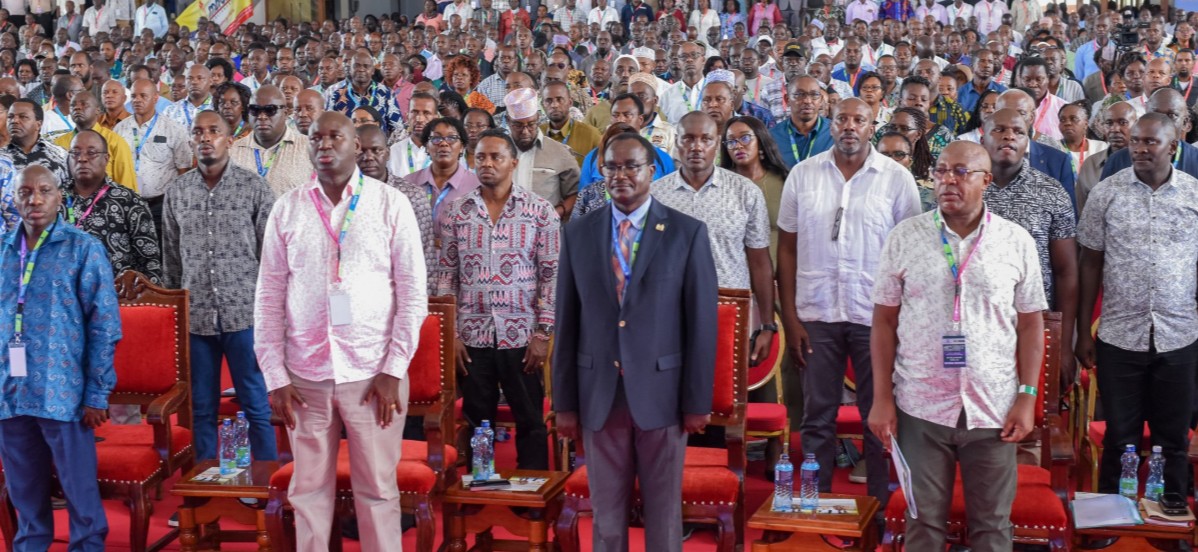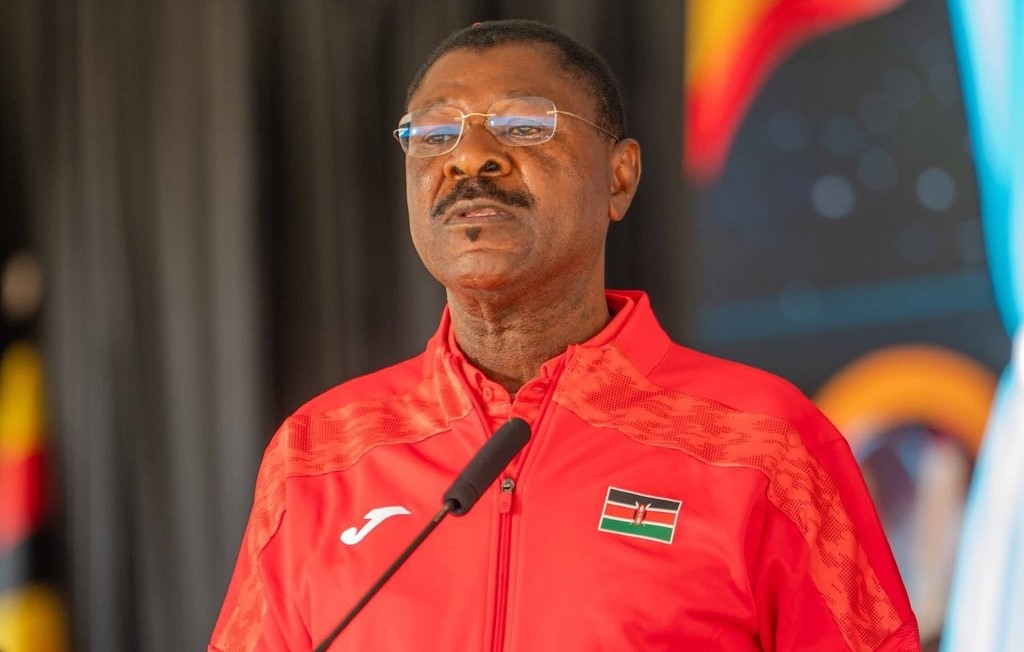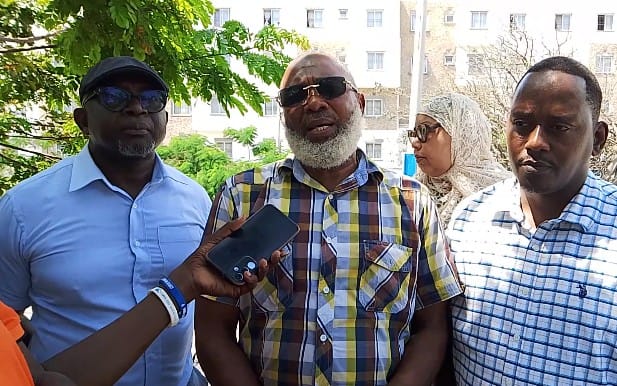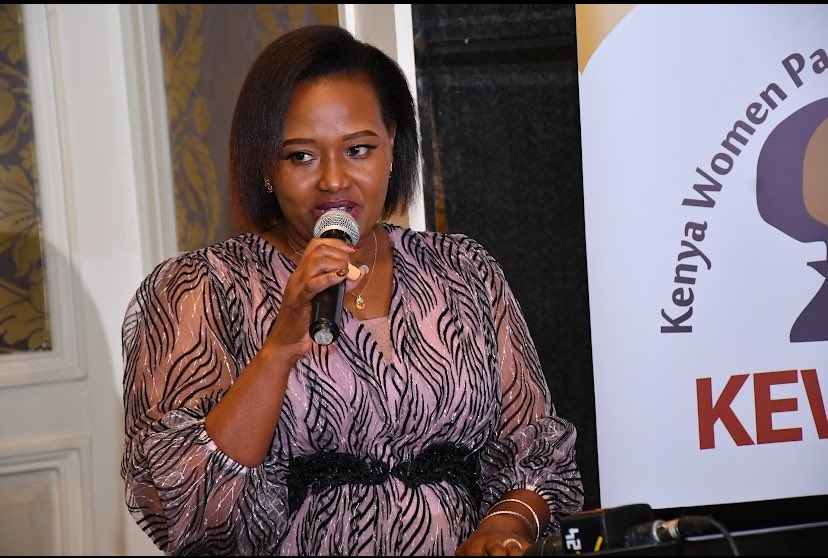Government urged to fast-track transition of basic education institutions to comprehensive schools

More than 23,000 public primary school heads and the Kenya National Union of Teachers (KNUT) argue that the transition will ease administration and align schools with the ongoing Competency-Based Education framework.
The government has been urged to fast-track the rebranding of all basic education institutions into Comprehensive Schools, in a move aimed at ensuring uniform identity and stronger management structures.
More than 23,000 public primary school heads and the Kenya National Union of Teachers (KNUT) argue that the transition will ease administration and align schools with the ongoing Competency-Based Education framework.
More To Read
- Teachers to stay in same schools after promotions under new TSC policy
- TSC announces recruitment of 9,159 teachers nationwide
- Unions slam TSC over limited promotion slots as 131,000 teachers apply for 21,000 positions
- Tension mounts as school heads, teachers’ union reject new TSC leadership structure
- Over 44,000 schools cleared for capitation as audit uncovers 87,000 ghost learners
- Tunza Mtoto Coalition demands full disclosure of ghost student audit findings
KNUT Secretary General Collins Oyuu and Kenya Primary Schools Heads Association (KEPSHA) national chairman Fuad Ali also called on the Teachers Service Commission (TSC) to promote teachers who have remained in the same job groups for years despite steering major education reforms.
“A good finger deserves a ring. These heads of institutions have successfully implemented Competency-Based Education for the past 15 years and have completed the first Grade 9 cycle. What we are asking for is very small, just one grade promotion,” Oyuu said during the 21st KEPSHA delegates’ conference in Mombasa.
Fuad noted that many teachers have been stuck in job groups C4, C5 and D1, and called for the removal of the D1 ceiling to enable career progression.
“In fact, why do we have a bar in D1? It should be removed so that teachers can move to principalship. Those in D4 should move to C4 and C5, and those stagnating in D1 should also be promoted,” he said.
The head teachers also appealed for the construction of science laboratories in all Junior Schools and the full implementation of recommendations by the 2023 Presidential Working Party on Education Reforms and the forthcoming Sessional Paper No. 1 of 2025.
They further demanded an increase in primary school capitation from Sh1,400 to Sh2,400, noting that President William Ruto recently pledged higher allocations during a meeting with school heads at State House.
The administrators also urged the TSC to deploy diploma and degree-holding teachers currently stationed in primary schools to Junior Schools where needed, and to redistribute excess Junior School teachers to Senior Schools facing shortages.
They further decried delays in the release of capitation funds, saying the money often arrives months after schools reopen, forcing institutions to borrow from financial institutions to stay afloat. Last term, schools received capitation only after closure.
Education Cabinet Secretary Julius Ogamba later attributed the delays to an ongoing audit meant to eliminate ghost learners and schools.
“Capitation should be increased to Sh2,300 per learner to cover rising costs, and funds must be released before the start of each term. We also need dedicated financing for co-curricular activities to nurture learner talent,” Ali said.
The school heads also called for transparent, merit-based promotions, saying the TSC must address stagnation across job groups and support continuous professional development for teachers under the Competency-Based Education system. They urged strengthened welfare programmes, especially in hardship and refugee-hosting areas.
The delegates reaffirmed their commitment to driving change in the education sector through leadership, innovation and collaboration.
“We remain steadfast in shaping the future of learning through transformative leadership, digital integration and environmental stewardship, ensuring no child, teacher or school is left behind,” they said.
The school leaders lauded the government for progress made in education reforms, including the recruitment of 20,000 Junior School teachers and the allocation of Sh1 billion for teacher promotion and retooling. They noted that more than 151,000 teachers have been promoted since the rollout of Competency-Based Education, with an additional 21,313 set for promotion in the 2025/26 financial year.
They also commended the TSC for expanding curriculum delivery through live-streamed lessons in hard-to-reach areas and welcomed government efforts to develop a legislative framework for managing comprehensive schools. Improvements in teacher welfare and health under the comprehensive medical scheme were also lauded.
Top Stories Today












































